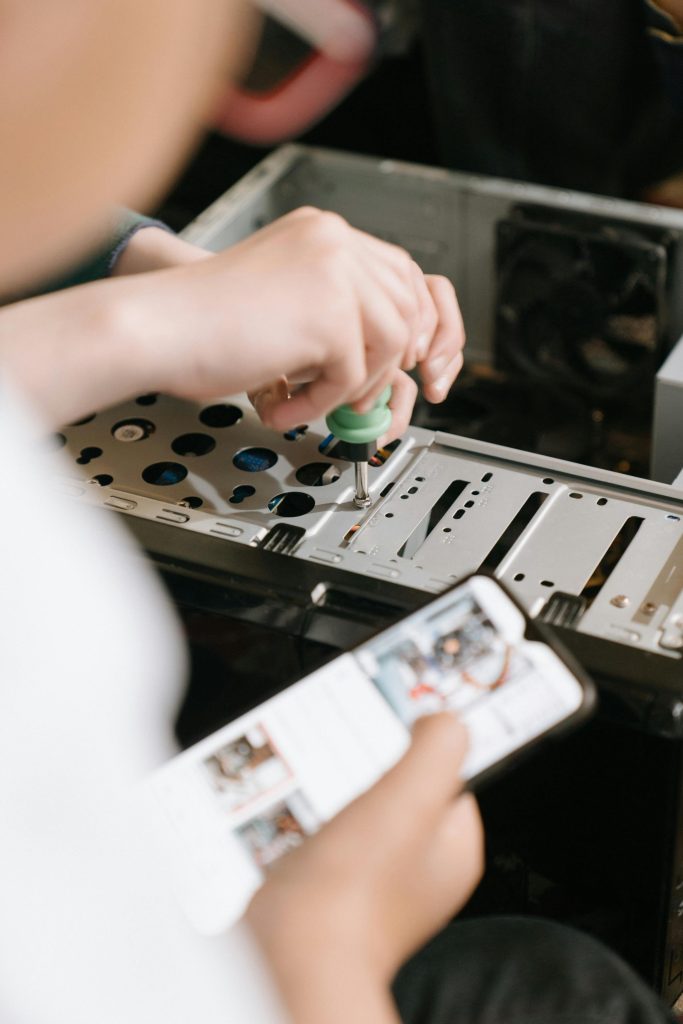Troubleshooting Slow Game Performance on Your Computer
Are you experiencing frustrating slowdowns when trying to enjoy your favorite games like Minecraft or Roblox? If so, you’re not alone. Many gamers encounter this issue, and it can be quite aggravating when you’re eager to dive into gameplay. Fortunately, there are steps you can take to identify and resolve the underlying causes of your computer’s performance issues.
Diagnosing the Problem
One of the first places to start is the Task Manager, a handy tool that provides insight into your computer’s resource usage. If you notice that your CPU usage is consistently maxed out while gaming, it signals that your system may be struggling to keep up with the demands of the game.
Common Causes of Slow Performance
-
Background Applications: Often, there are background programs running that consume valuable CPU resources without you realizing it. Consider closing any unnecessary applications before starting your game.
-
Outdated Software: Ensure that your operating system, graphics drivers, and the games themselves are up to date. Outdated software can lead to compatibility issues and hinder performance.
-
Insufficient Hardware: If your computer’s specifications are on the lower end, it may struggle with more demanding games. Evaluate whether an upgrade is feasible for you.
-
Malware or Viruses: Undetected malware or viruses can sap your system’s resources. Run a comprehensive antivirus scan to rule out these problems.
-
Thermal Throttling: Overheating can cause your CPU to throttle, hence reducing its performance. Check that your cooling system is working effectively and that your PC is well-ventilated.
Solutions to Enhance Performance
Once you’ve identified potential issues, there are several strategies to enhance your gaming experience:
-
Close Unnecessary Programs: Before launching your game, make it a habit to close any non-essential software to free up CPU and memory resources.
-
Optimize Game Settings: Sometimes lowering the graphics settings can result in smoother gameplay without compromising too much on visual quality.
-
Upgrade Your Hardware: If feasible, consider investing in additional RAM or a more powerful graphics card, which can significantly improve gaming performance.
-
Regular Maintenance: Perform routine maintenance on your computer, including disk cleanup and defragmentation, to help your system run more efficiently.
Conclusion
Experiencing a slow computer while gaming can be a frustrating hurdle, but with a bit of troubleshooting and the right adjustments
Share this content:




Hi there,
To address the issue of your computer running slow during gaming, I recommend starting with some basic troubleshooting steps: